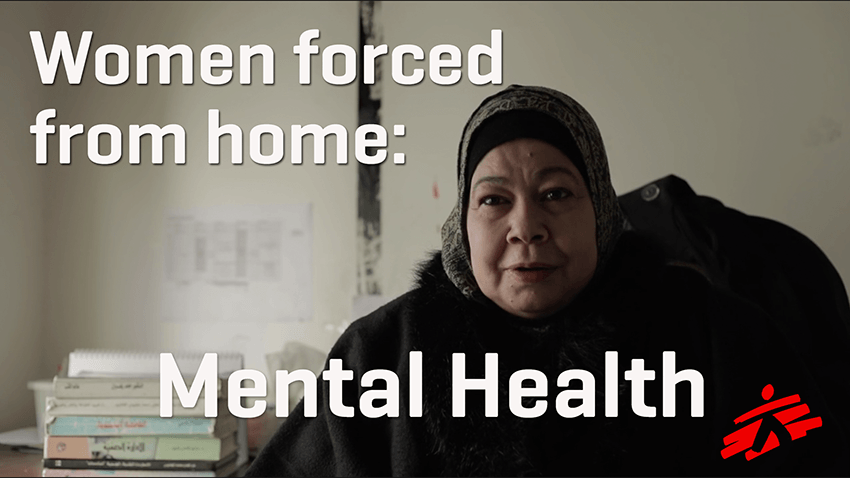More than half of the Syrian population have been forcibly displaced. Salma [name changed to protect anonymity] fled with her children and brother-in-law from outside Damascus in Syria, south to Daraa, then crossed the border into Jordan. After a brief stay in Zaatari refugee camp, she moved to Irbid. "I was displaying strength in front of my children, but on the inside, I was really tired," she says.
For some women and girls forced from their homes, it's possible to find at least relative safety compared to what they've left. However they often face ongoing stresses due to the legacy of violence and the pressures of adjusting to a new environment. Women will often prioritize the needs of their family before their own.
In Jordan, for example, many Syrian women need to draw on all their inner resources to shoulder complex responsibilities. Some have lost their husbands and may be struggling to support their family financially or to raise their children as the sole parent. Typically, as in Salma's case, it is their children’s suffering that brings them to seek care.
In Jordan, Doctors Without Borders/Médecins Sans Frontières (MSF) provides mental health care to children and their mothers in Irbid and Mafraq. An all-female counseling team shares tools to help women understand what’s going on and how to respond in an effective way. Equipped with a new sense of strength, displaced women and their families can start seeking to thrive instead of just survive.
To mark International Women’s Day on March 8, MSF is featuring stories of displaced women and girls from places including Syria, Myanmar, Burundi, and Nigeria.
Learn more about displaced women's health needs:
Because I'm a Woman




